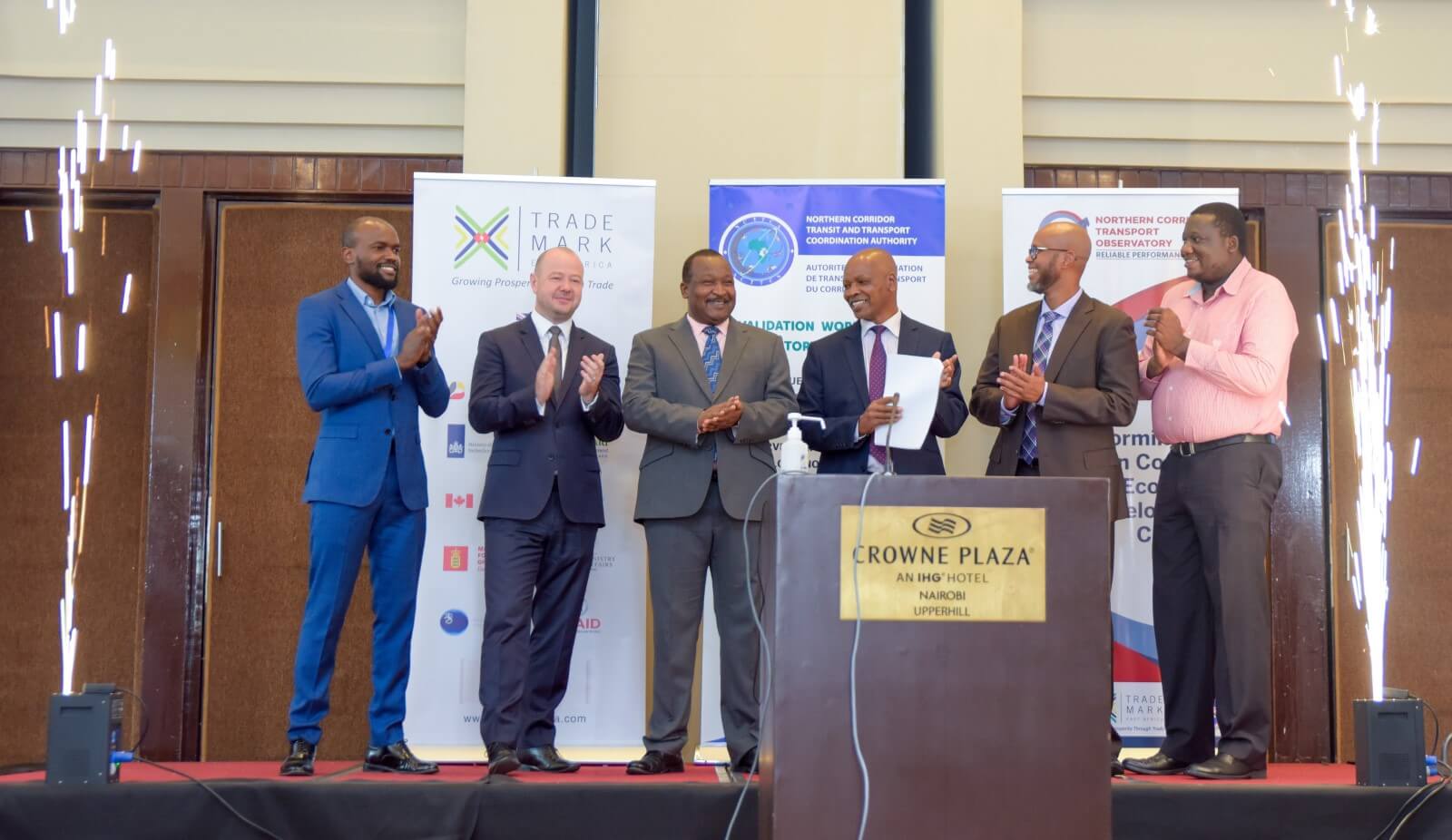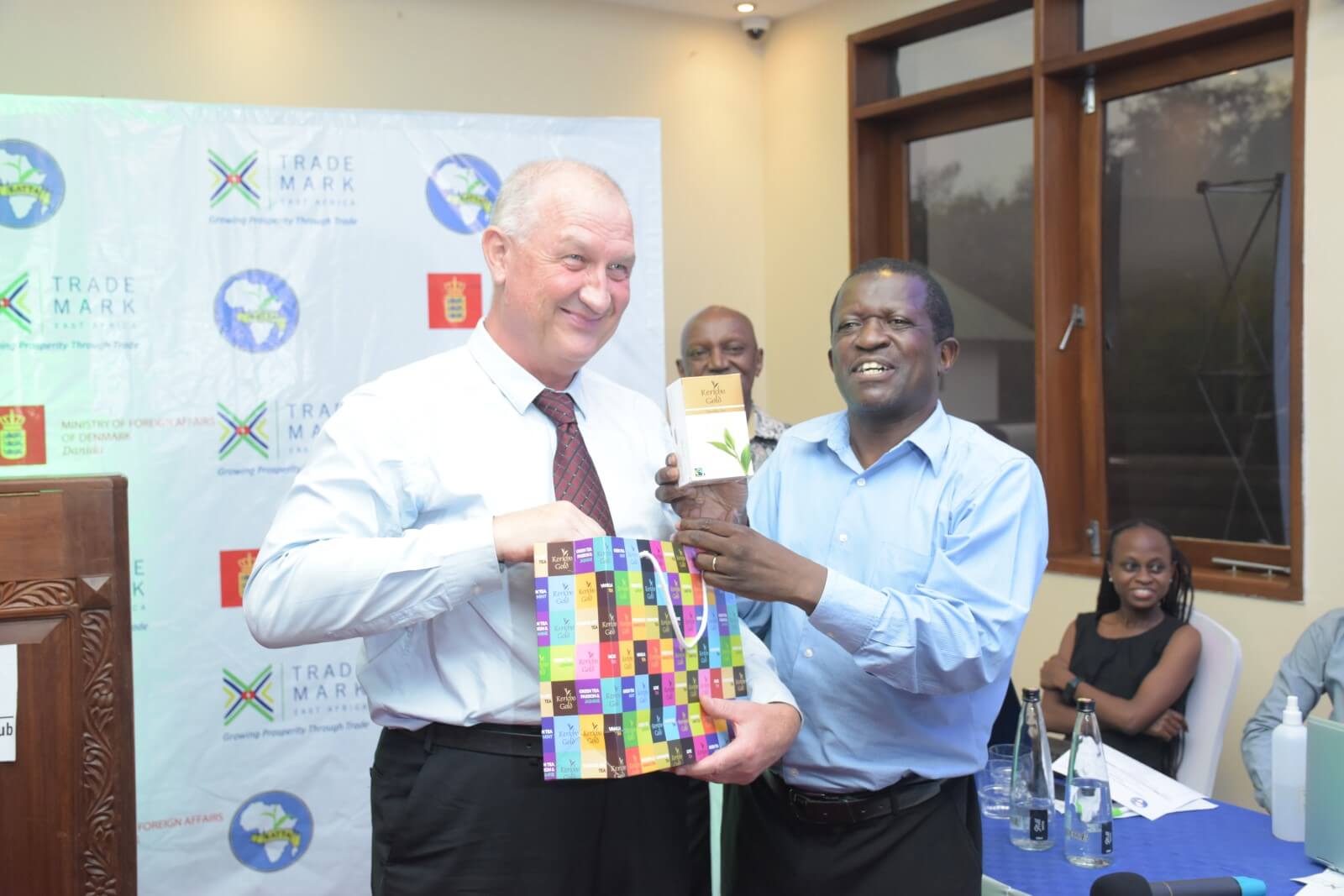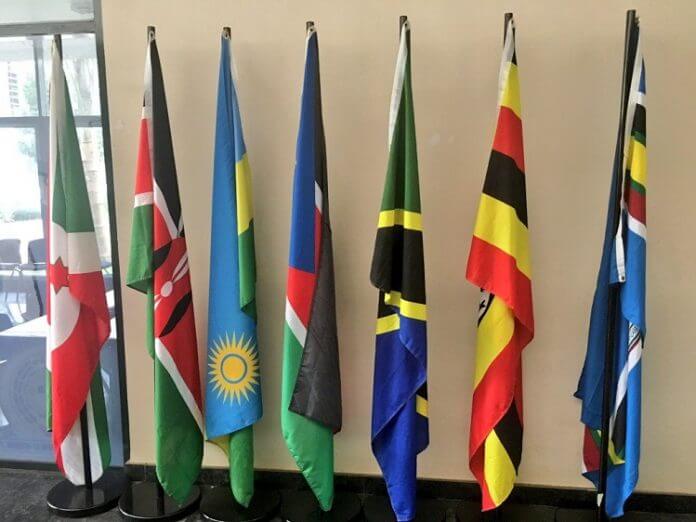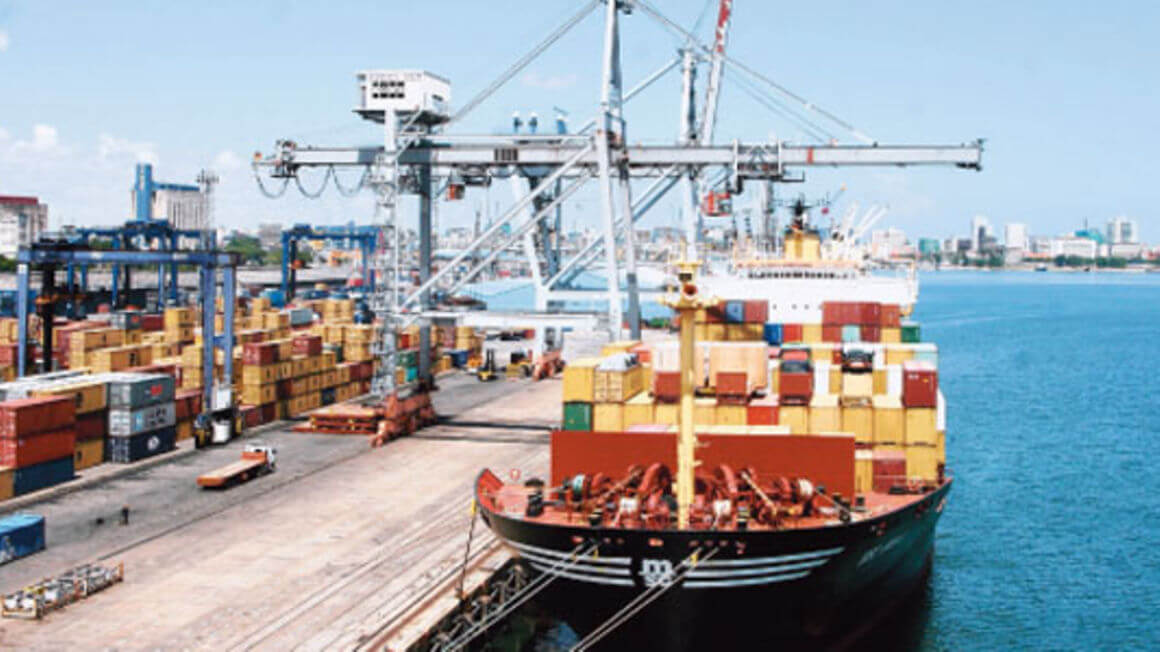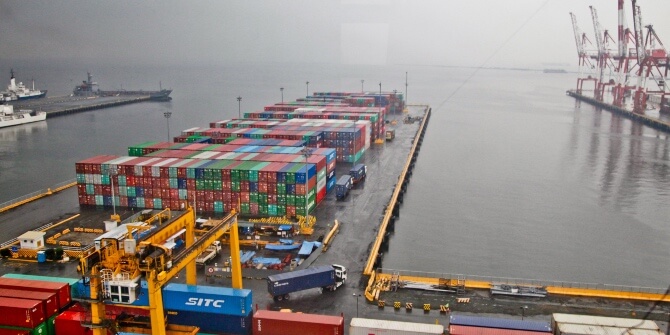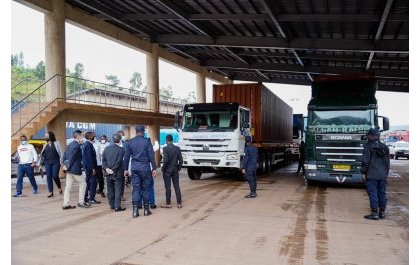12th April 2022, Nairobi: Transport and transit information along the Northern Corridor is now available at a touch of a button following the launch of the Northern Corridor Transport Observatory Portal by the Northern Corridor Transit and Transport Coordination Authority (NCTTCA) today. The automation of the portal will dramatically improve development and increase access of various metrics needed by policy makers to facilitate to better transit, trade facilitation and cooperation between NCTTFA Member States. It was funded by UKAID, USAID and Denmark through TradeMark Africa at a cost of US$ 1.15 million. The Transport Observatory houses 48 key indicators grouped into six categories displaying; trade volumes and capacity, transit times and delays, transport costs and rates, efficiency and productivity, Green House Gas emissions and Intra-regional trade. Users will also be able to access newsletters and weekly performance trackers such as weekly, monthly, quarterly, bi-annual and annual reports and Green House Gas emission updates. Also available is the Geographic Information System (GIS) module that allows users to view the status of various infrastructure along the Northern Corridor including border posts and weigh bridges. Prior to the now automated portal NCTTCA and policy makers relied on manual collection and verification of data that was costly and time consuming, resulting in delayed resolution of issues and publication of various reports. The system lacked modern features such as Geographic Information System (GIS) lowering the ability to easily filter information based on location. Speaking at the launch event, NCTCCA Executive Secretary CPA Omae NYARANDI said,...
Northern Corridor Authority Unveils Modern Information Portal
Posted on: April 12, 2022
Posted on: April 12, 2022

